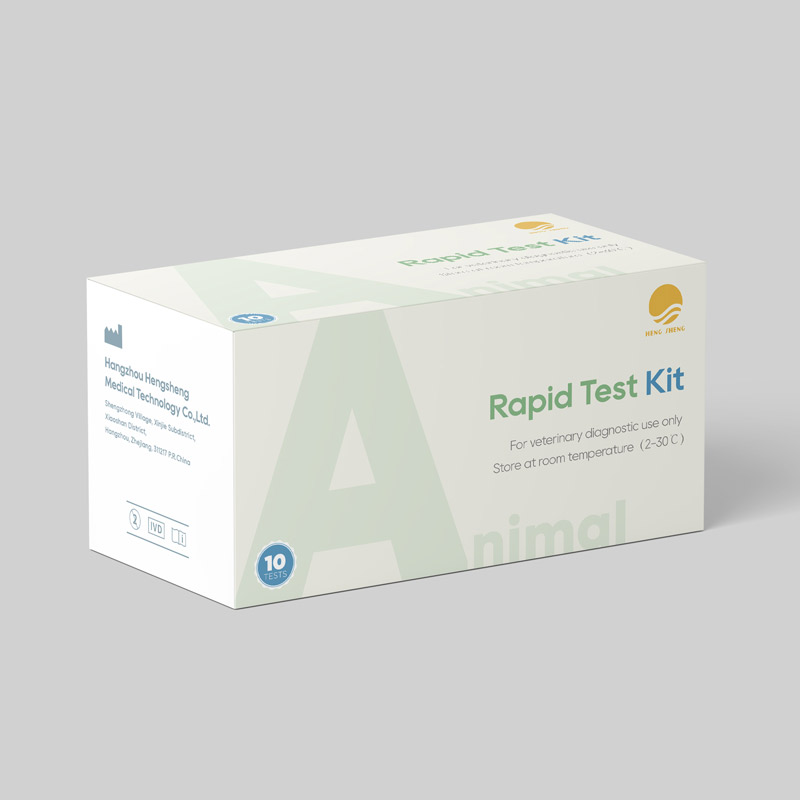February 3, 2023 -- Members of a policy forum have reviewed the strengths and weaknesses of the National Institute of Health-led research response to the COVID-19 pandemic, and the lessons learned thus far.
In their review, published on Thursday in Science, they consider one of the major successes of the response to be the development and emergency use authorization of two mRNA vaccines for the SARS-CoV-2 virus in just 11 months from the first identification of the pathogen; most vaccines take at least a decade to develop. Rapid Influenza Test

Further successes in the COVID-19 research effort included improving diversity in clinical trials and prioritizing the evaluation of therapeutic agents, which enabled the rapid development of monoclonal antibodies and antiviral drugs.
Streamlining diagnostic test development was also essential in leading to the rapid roll-out of crucially-needed COVID-19 tests to the public, which played a large role in mitigating SARS-CoV-2 transmission.
The authors divided their recommendations resulting from the COVID-19 pandemic into three categories. Under the first category -- supporting science -- they recommended the following actions:
Under the second category -- responding when a pandemic pathogen emerges -- the authors recommended the following actions:
Finally, under the third category -- moving research findings into the clinic -- they suggest the following actions:
The authors noted the need for an entire community to respond swiftly and effectively to rapidly emerging public health challenges, and that the COVID-19 pandemic required the coordinated efforts of thousands of researchers, healthcare workers, and community partners, provided with the resources they needed.

Custom Glucosense Glucometer "Perhaps the most valuable lesson that COVID-19 has taught the research community -- and hopefully society more broadly -- is the importance of collective effort and continuous investment in basic and applied research," write the researchers. "We must sustain our current focus on pandemic preparedness and resist the temptation to slip back into complacency."